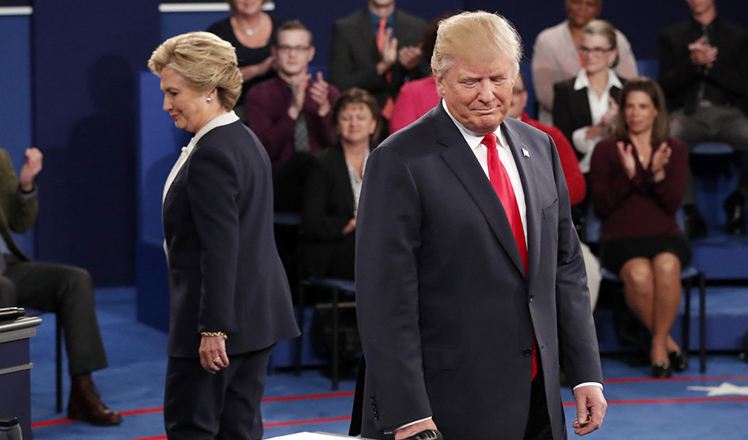Debt-for-equity swaps to reduce risk, help long-term growth
Updated: 2016-10-11 16:26
(Xinhua)
|
||||||||
BEIJING - China's new round of debt-for-equity swaps, which emphasizes market forces instead of government power, is expected to tackle corporate debt risk, deepen SOE reform and sustain long-term growth.
The debt-for-equity swap plan unveiled Monday allows companies to give equity in themselves to banks to address soaring debt levels, raising concerns about the potential pressure on banks' balance sheets for the benefit of the companies.
"Market-oriented debt-for-equity swap plan is by no means a free lunch for troubled companies as the market will play a decisive role during the process," said Lian Weiliang, deputy head of the National Development and Reform Commission (NDRC).
Different from the policy-led swap program of the 1990s, this new round of swaps will choose target companies, price the value of assets, raise capital and manage equity stakes through the market mechanism, which means the market units themselves must bear the risks as well as reap the benefits, according to Lian.
"Zombie companies" that are economically unviable, enterprises that have a record of evading debts and those that will potentially cause excess capacity are not eligible for such swaps.
The plan also prevents banks from directly swapping non-performing loans, with conversions to be handled by asset management institutions and state investment firms.
For companies chosen for the debt-for-equity swap program, the government will offer tax breaks, according to Assistant Finance Minister Dai Bohua.
In recent years, excessive debt and high interest payments have left some domestic companies, especially SOEs, with no money to invest. The country's total debt surged after the 2008 global financial crisis and its debt-to-GDP ratio was reportedly 250 percent at the end of 2015.
The swap plan will assist troubled SOEs that are fundamentally healthy to slim down, increase efficiency and maintain sound development, Meng Jianmin, vice chairman of the State-owned Assets Supervision and Administration Commission of the State Council, was quoted by Global Times as saying.
Such swaps are generally believed to benefit both banks and struggling companies. They reduce the pressure on companies and free up bank balance sheets, releasing capital for investment.
The plan is part of wider deleveraging efforts, as high corporate leverage in China has become a major threat to financial stability, especially when China's economic growth has faced persistent pressure.
China has made deleveraging one of the priorities to push supply-side structural reform, which was believed to be key to sustaining growth, together with tackling industrial overcapacity, reduction of housing inventories, lowering companies' financing costs and shoring up weak growth areas.
Li Shigang, a researcher with NDRC Academy of Macroeconomic Research, highlighted the plan's significance in stabilizing economic growth, deepening reform, adjusting economic structure and preventing risks, given that the plan will be performed on a market-oriented basis and in accordance with legal principles.

 World's top 10 most valuable unicorn companies
World's top 10 most valuable unicorn companies
 Carver finds fame, money in wood sculptures
Carver finds fame, money in wood sculptures
 Missile destroyer to become local military-themed park
Missile destroyer to become local military-themed park
 The world in photos: Sept 26 - Oct 9
The world in photos: Sept 26 - Oct 9
 Classic cars glitter at Berlin motor show
Classic cars glitter at Berlin motor show
 Autumn colors in China
Autumn colors in China
 US second presidential debate begins
US second presidential debate begins
 Egrets Seen in East China's Jiangsu
Egrets Seen in East China's Jiangsu
Most Viewed
Editor's Picks

|

|

|

|

|

|
Today's Top News
Trump outlines anti-terror plan, proposing extreme vetting for immigrants
Phelps puts spotlight on cupping
US launches airstrikes against IS targets in Libya's Sirte
Ministry slams US-Korean THAAD deployment
Two police officers shot at protest in Dallas
Abe's blame game reveals his policies failing to get results
Ending wildlife trafficking must be policy priority in Asia
Effects of supply-side reform take time to be seen
US Weekly

|

|









